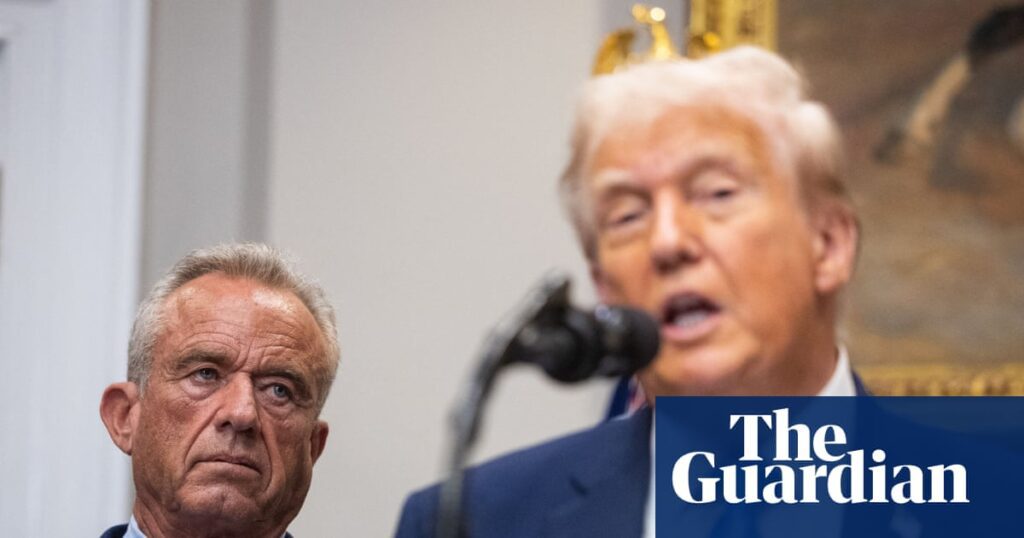A statement from President Donald Trump suggesting pregnant women avoid paracetamol due to unfounded links to autism has raised concerns among health professionals, according to Prof. Paul Kelly, Australia’s former chief medical officer. He criticized Trump’s remarks as “thrown out there like a bomb” that experts now must counter. This misinformation is particularly troubling given the US’s historical role in providing evidence-based public health guidance through institutions like the CDC, FDA, and NIH.
Trump’s administration has been criticized for undermining these institutions, including appointing anti-vaccine activist Robert F. Kennedy Jr. and proposing significant budget cuts, especially to the NIH, the largest biomedical research funder. These proposed cuts threaten the pipeline of medical innovations and could lead to reduced access to effective drugs for countries like Australia, which relies on the FDA for initial drug approvals.
The NIH’s research contributions have been pivotal for modern medicine, including the rapid development of mRNA vaccines during the pandemic. Experts worry that the disruption in funding and research could create long-term setbacks, with countries like China potentially filling the void.
Domestically, Australia’s public health infrastructure, including the upcoming CDC, aims to provide independent advice and reduce reliance on the US. Experts emphasize that as the US scales back its global health initiatives, Australia needs to enhance its capabilities and may even attract scientists disillusioned by the current state of US research. The situation is seen as an urgent call for Australia to stand on its own and ensure robust public health initiatives amid global uncertainty.



